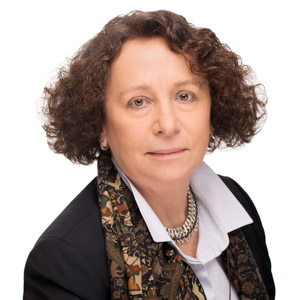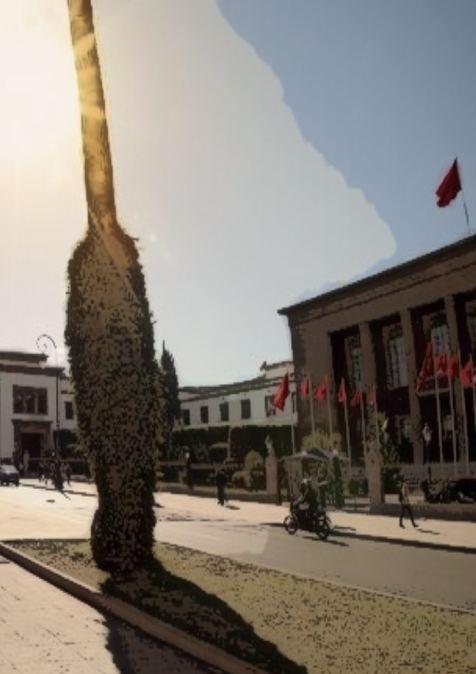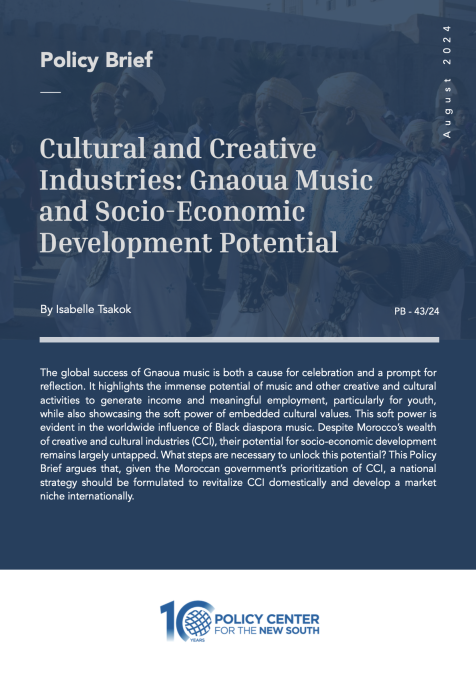(EN) AD Connect / Welcoming Remarks / Opening Conversation / Plenary I: The Prospects for Populism
Speaker Lilia Rizk, Emerging Leaders Program Coordinator, Policy Center for the New South Welcoming Remarks Speaker Karim El Aynaoui, President, Policy Center for the New South Opening Conversation: Living in the Age of Uncertainty Moderator Richard Lui, Journalist and News Anchor, MSNBC Speaker Olusegun Obasanjo, Former President, Federal Republic of Nigeria Plenary I: The Prospects for Populism Moderator Richard Lui, Journalist and News Anchor, MSNBC Speakers María Eugenia Brizuela de Ávila, Former Minister of Foreign Affairs, El Salvador Ana Palacio, Former Minister of Foreign Affairs, Spain J. Peter Pham, United States Special Envoy for the Great Lakes Region of Africa Paulo Portas, Former Minister of Foreign Affairs, Portugal Ignacio Walker, Former Minister of Foreign Affairs, Chile

















